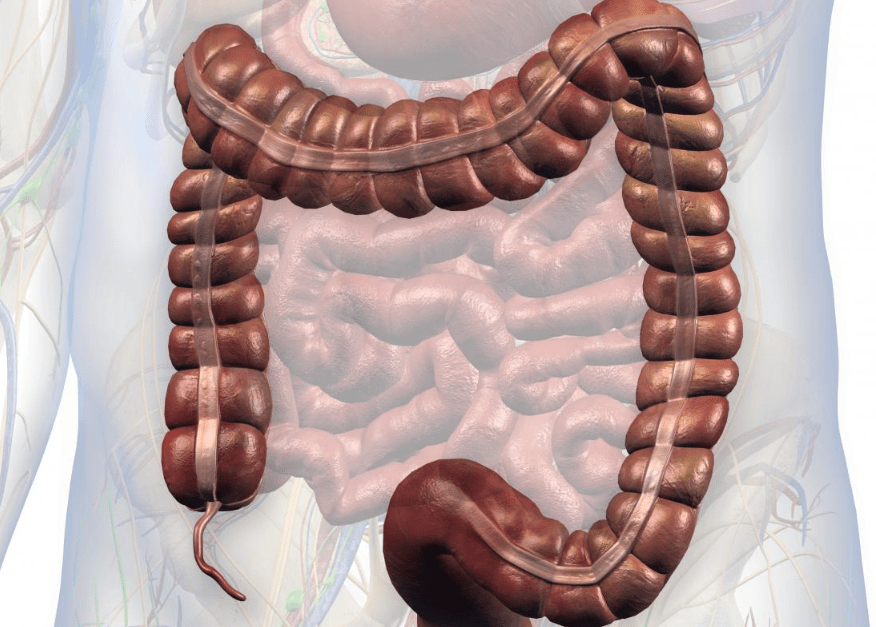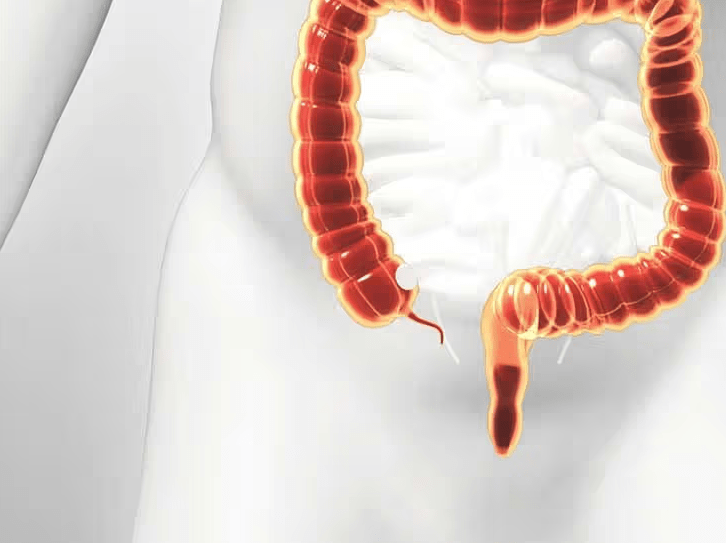When you hear the word “appendix,” you might think of a little organ that can lead to trouble, or maybe the endless debates over whether it’s useful or just a leftover from our evolutionary past. Spoiler alert: it’s not just a vestigial remnant! Let’s take a deep dive into the world of the appendix, exploring its evolutionary roots, immune system roles, and digestive functions. Who knew this tiny, worm-shaped tube could pack such a punch?

The Appendix
The appendix is a little tube attached to the large intestine, shaped like a worm, and often gets a bad rap. While many people associate the appendix with emergency surgeries and post-operative pain, modern science suggests it has important functions that might surprise you!
Historically, it was believed that the appendix was like the third wheel at a party—unnecessary and often removed to avoid complications from infections. However, researchers are discovering that this small organ might be more significant than we thought. So, what’s the real deal? Let’s roll back the clock to our evolutionary past!
An Evolutionary Remnant? Not Quite!
Evolution is a fascinating journey, and the appendix has a story to tell. Once upon a time, our herbivorous ancestors likely relied heavily on their appendix for digestion. Think of it as a fermentation chamber that helped break down tough plant materials, like tree bark. In fact, many herbivorous animals still have large appendices, which aid in digesting their fibrous diets.
Charles Darwin himself discussed vestigial organs in his works, highlighting how some body parts once played a crucial role in our ancestors’ survival but became obsolete as diets and lifestyles changed. Fast forward to today, and it seems that while the appendix may not be the powerhouse it once was, it hasn’t entirely lost its touch!

A Surprising Role in Immunity
Recent studies suggest that the appendix plays a significant role in our immune system. Research indicates that this little organ is packed with lymphoid cells that help the body fight infections. It’s like a tiny fortress guarding your gut!
The appendix is involved in the production of T-lymphocytes and B-lymphocytes—two types of white blood cells essential for a robust immune response. In fact, it helps produce early defenses to prevent serious infections. It turns out that this “useless” organ might be a key player in keeping us healthy!
The Good Gut Microbes
Researchers from Duke University Medical Center have found that the appendix produces and stores beneficial microbes that are crucial for our digestive health.
These good bacteria can get flushed out of our systems during illnesses like dysentery or cholera, leading to digestive havoc. But fear not! The appendix is ready to save the day by releasing its stockpile of good bacteria, helping to “reboot” our digestive systems. Who knew this little organ was like a backup generator for our gut?
Dr. Bill Parker, part of the research team that uncovered these findings, points out that the appendix is strategically located at the lower part of the large intestine, allowing it to play a vital role in maintaining the microbial flora of our digestive system. It’s like having a secret ally working behind the scenes!
A Moveable Feast of Functions
Beyond its roles in immunity and digestion, some studies suggest that the appendix may help with the movement and removal of waste in our digestive system. It’s not just lounging around; it’s getting things done!
However, despite its potential benefits, the appendix can be a double-edged sword. Conditions like appendicitis can cause serious complications, which is why many doctors recommend removal when it becomes inflamed. The good news? You can live a perfectly healthy life without an appendix!
What Can Go Wrong with the Appendix?
While the appendix may be more useful than we once thought, it’s not immune to problems. Appendicitis is the most common issue, causing inflammation and pain that can lead to serious complications if left untreated. The symptoms typically include severe abdominal pain, especially on the lower right side, nausea, and fever.
Another condition affecting the appendix is carcinoid tumors, which are rare but can develop in this tiny organ. While researchers advocate for the removal of diseased appendixes, they reassure us that doing so won’t lead to any adverse effects on our health. So, even if you do have to say goodbye to your appendix, don’t fret!

The Final Word on the Appendix
While it may not be essential for survival in today’s world, the appendix certainly contributes to our health and well-being in ways we’re only beginning to understand. So, let’s celebrate the appendix—not just for its quirks but for its contributions to our complex, beautiful human bodies!





